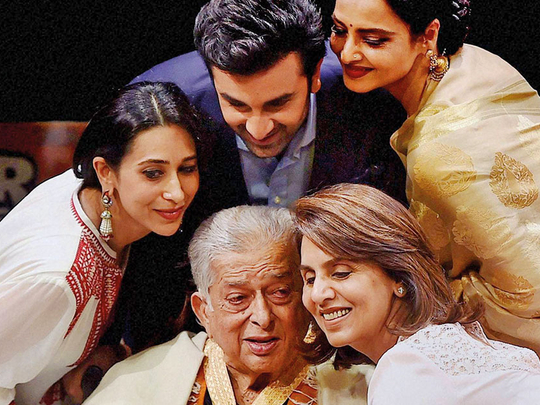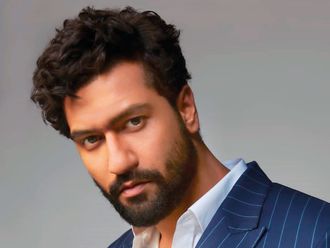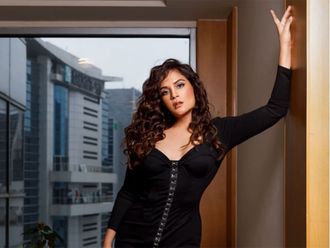
Dubai: It’s truly the end of an era.
Long before Bollywood icon Shah Rukh Khan taught a generation on how to perfectly romance with his arms wide open, there was the legendary actor Shashi Kapoor who set that ball rolling in Hindi films in the 1970s.
The tools in Kapoor’s arsenal were simple, but potent. His dimpled smile, his effortless charm and charisma were the mainstay behind that caring leading man act.
The three-time National Award-winning actor, who died in Mumbai Monday evening after a prolonged kidney ailment aged 79, belonged to the illustrious Kapoor acting dynasty and has featured in more than 150 films.
The son of Prithviraj Kapoor is survived by sons Karan and Kunal and daughter Sanjana Kapoor.
His death has triggered a massive outpouring of grief from his colleagues and admirers. Indian Prime minister Narendra Modi promptly tweeted: Shashi Kapoor’s versatility could be seen in his movies as well as in theatre, which he promoted with great passion. His brilliant acting will be remembered for generations to come. Saddened by his demise. Condolences to his family and admirers.”
Matinee idol looks
While Kapoor was blessed with the perfect matinee idol looks, the Padma Bhushan awardee was an ace at playing the understanding lovers’ role in his hits. Be it the hurt husband in the blockbuster relationship drama Kabhi Kabhie or the rich hotel owner in Namak Halal, Kapoor was considered to be one of the most suave men in Hindi cinema. He was one of the few actors who didn’t subscribe to the “angry young hero” that was popular in the 1970s; instead he went on to create a distinct impression in a quiet and dignified manner.
His collaboration with another big actor, Amitabh Bachchan, in which Kapoor mostly played his best mate or his brother always resulted in box-office magic. In Deewar, their sibling sparring spawned iconic dialogue ‘Mere Paas Maan Hai’ [I have my mother], which is repeated even today. But that didn’t mean he wasn’t willing to experiment. His controversial 1978 hit, Satyam Shivam Sundaram, was a social drama that created a stir for its take on love and spirituality.
Kapoor wasn’t just a successful actor who could straddle mainstream films. He also put his money and might into producing critically acclaimed films such as Kalyug and 36 Chowringhee Lane. He also won over the West with his films including The Householder and Shakespeare Wallah. But he did it all with effortless grace.
Having married actor Jennifer Kendal in 1958, Kapoor became part of the Merchant Ivory stable of English language films set in India, starring opposite Kendal in Bombay Talkie (1970) and Merchant Ivory’s 1982 hit Heat and Dust. He also appeared with his sister-in-law Felicity Kendal in 1965’s Shakespeare Wallah.











